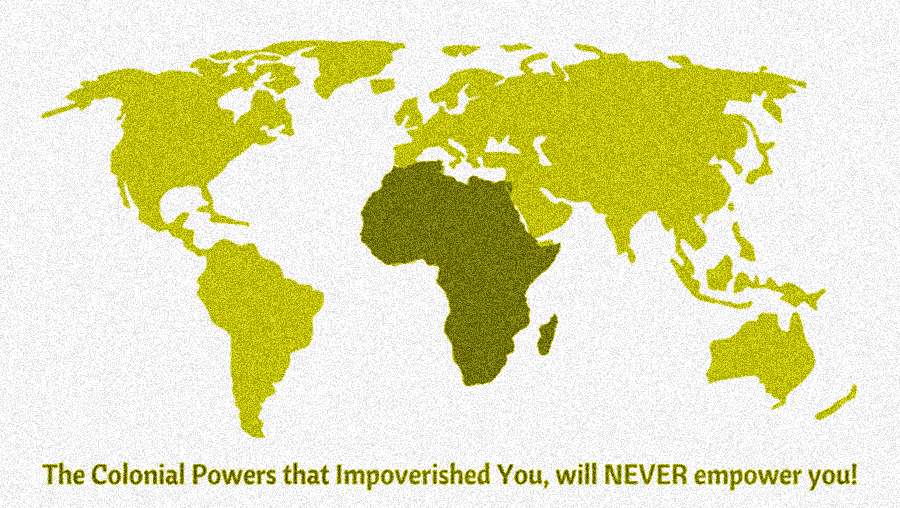The Lost Decade: Africa in 1980s - Global African History

During the 1980s, Sub-Saharan Africa was mired in mounting debt. African countries where not just in debt but were drowning in debt. Those that had followed the Soviet model as well as those that pursued the Western model were all surprisingly in debt despite the different economic models they had achieved the same outcome; bleak economic growth.
Government and social services dwindled and it was increasingly clear that education, transportation networks and health care systems would suffer as result of the slowing growth in economies. It was under these appalling economic conditions that Africa suffered a major blow in brain drain. The loss of human capital meant that those that could have had the solutions went to other countries and spurred those economies further.
These policies resulted in higher food prices as government supported food subsidies were eliminated. Many African government became bankrupt or were on the verge of bankruptcy. This was the beginning of the Age of Foreign Aid, donor agencies and foreign based non governmental organizations (NGOs). After the introduction of IMF Structural Adjustment Programs, Africa became the continent of beggars. The United Nations (UN) and other western agencies took over health and education sectors in the 36 countries. These agreements resulted in 243 loans totaling $200 billion in foreign aid.
By Global African History